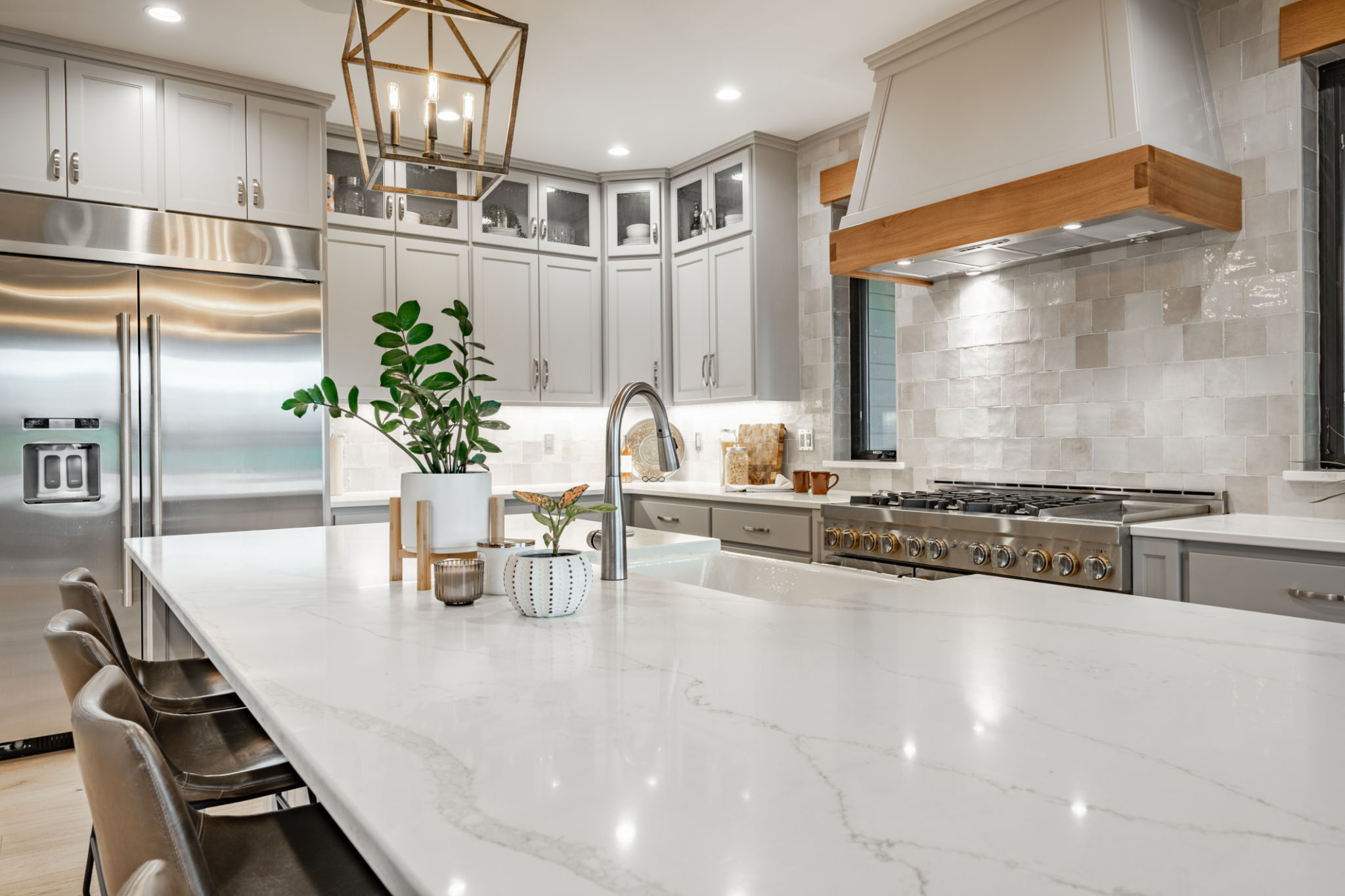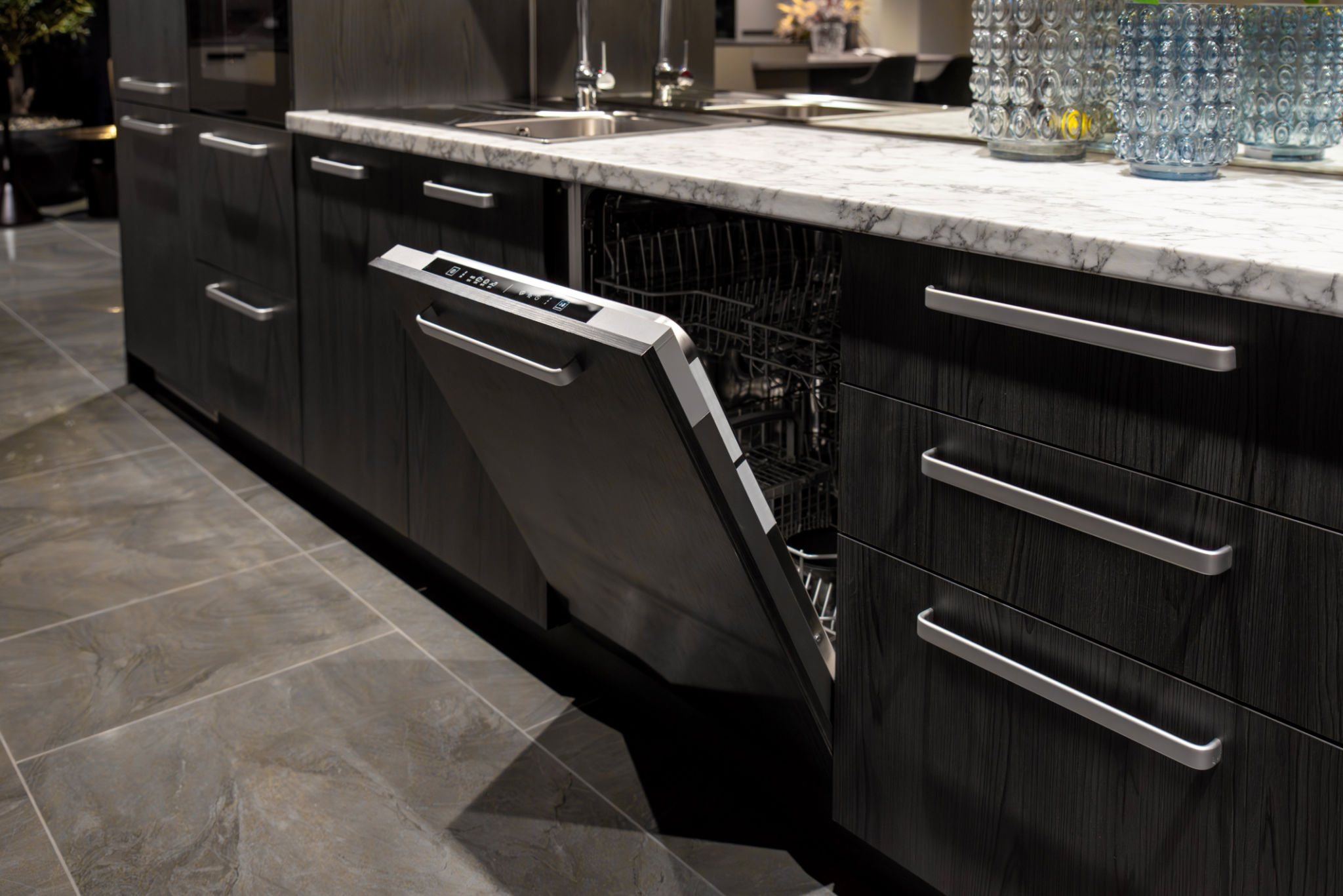Comparing Countertop Materials: Granite vs. Quartz for Southern Illinois Homes
Introduction
Choosing the right countertop material is a crucial decision for homeowners in Southern Illinois. Two of the most popular choices are granite and quartz, each offering unique advantages and challenges. Understanding these differences can help you make an informed decision that best suits your style, budget, and lifestyle needs. In this article, we'll compare granite and quartz countertops to help you determine which material is the better option for your home.
Appearance
When it comes to appearance, both granite and quartz offer stunning options that can enhance any kitchen or bathroom. Granite is a natural stone, which means each slab is unique, offering a variety of colors and patterns. This natural variability can create a one-of-a-kind look for your space.

In contrast, quartz countertops are engineered and can be customized to achieve a more uniform appearance. This consistency can be an advantage for homeowners seeking a specific color or pattern to match their decor. Additionally, quartz can mimic the appearance of natural stone or offer more contemporary designs that may not be available in natural materials.
Durability
Durability is a significant factor to consider when choosing countertop materials. Granite is known for its toughness and resistance to heat, making it an excellent choice for busy kitchens. However, because it's porous, it requires regular sealing to prevent stains and bacterial growth.

Quartz is also highly durable and is non-porous, meaning it resists staining and doesn't require sealing. This makes quartz a low-maintenance option for homeowners who prefer to minimize upkeep. However, it's important to note that while quartz is heat resistant, it can be damaged by excessive heat, so the use of trivets or hot pads is recommended.
Cost
The cost of both granite and quartz countertops can vary widely based on factors such as thickness, color, and installation complexity. Generally, granite may offer a more budget-friendly option if you choose more common colors and patterns. However, exotic granite options can be just as expensive as quartz.
Quartz tends to be on the higher end of the price spectrum due to its engineering process and customization options. While it may require a larger initial investment, its low-maintenance nature can balance out long-term costs. It's wise to get quotes for both materials to see what fits best within your budget.
Environmental Impact
For environmentally conscious homeowners, the sustainability of countertop materials might be a crucial consideration. Granite is a natural stone that is quarried from the earth, which can have a significant environmental impact due to extraction and transportation.

On the other hand, while quartz is engineered, many manufacturers use recycled materials in their production process, making it a more sustainable choice. Additionally, the durability and longevity of quartz can contribute to reduced environmental impact over time.
Conclusion
Ultimately, the choice between granite and quartz countertops for Southern Illinois homes comes down to personal preference and lifestyle needs. Granite offers a unique natural beauty and heat resistance but requires regular maintenance. Quartz, with its uniform appearance and low maintenance requirements, provides a modern alternative that suits busy households. By considering factors such as appearance, durability, cost, and environmental impact, you can select the countertop material that best aligns with your home's style and functionality.